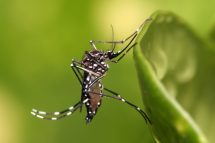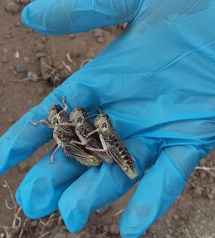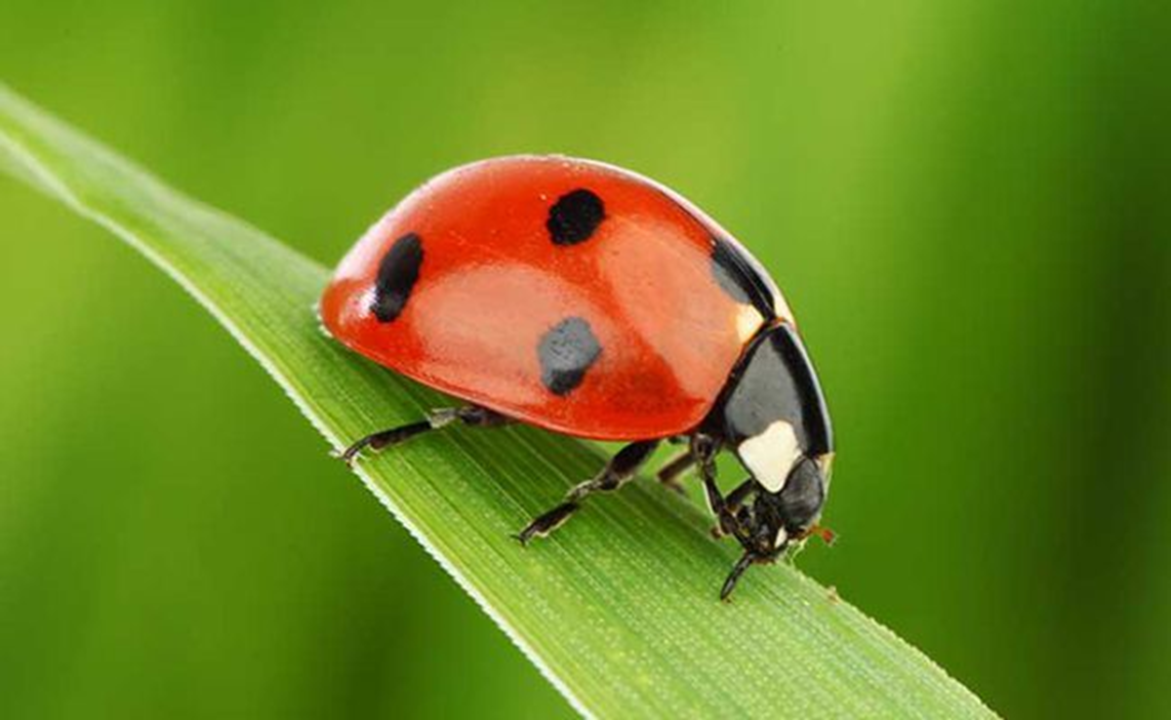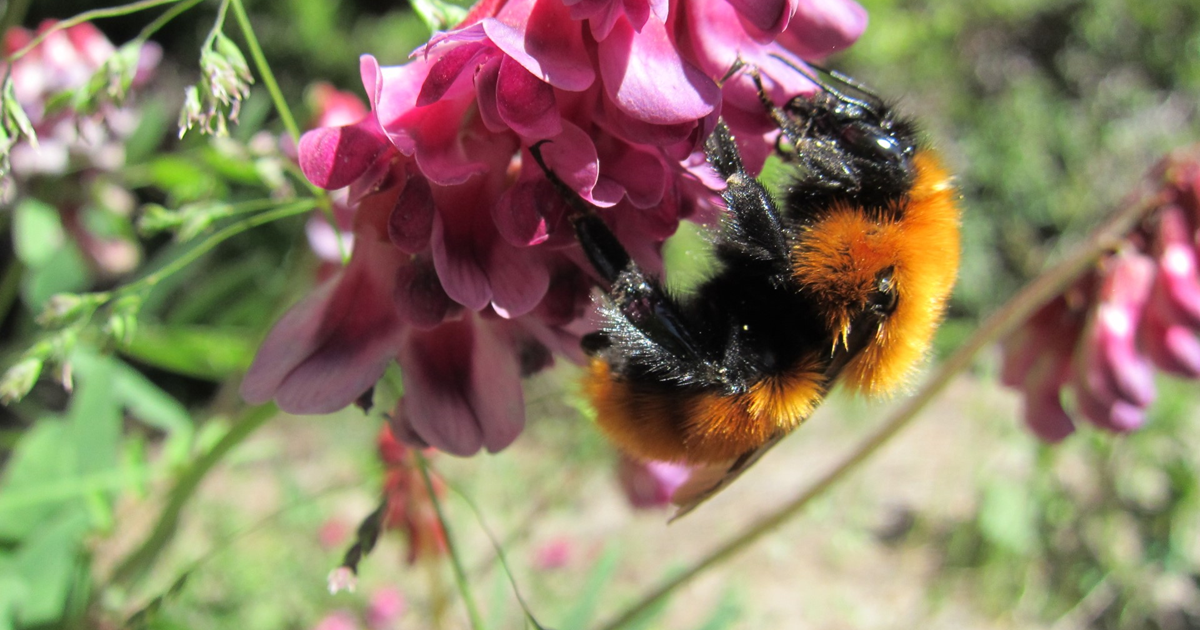You can have a small garden in the apartment balcony or another very large garden full of trees. Both options serve today in a world that needs more greenness, more variety, more color, and more fragrance. When considering the biodiversity crisis facing the planet, Ecology researchers from the Conicet-based Research Institute for Biodiversity and Environment (INIBIOMA) and Kumahu National University have developed and published the “Practical Guide to a Nature-Friendly Garden.”

“Gardens are a place to relax, enjoy and connect with nature. They lead us to notice the big seasonal changes, but also the more subtle changes, like the blooming of a flower during the day, or the chirping of a dove or a thrush in the morning. It also puts us in touch with the earth, which is not Easy in cities, but absolutely necessary,” write scientists Luciana Elizalde and Sergio Lambrocchi.
Caring for a garden also has benefits for the community. “They benefit from many other species, which also seek to connect with nature in cities,” they noted.
First, the authors recommend planting a variety of species, especially native species. “They explained that a more diverse garden will attract beneficial insects and insect-eating birds that will control pests that infect our plants. For example, for hummingbirds or some butterflies to approach a garden in western Patagonia, it is important that the flowers are colorful and elongated, such as contrales, neutros, and chilcos.

It should be borne in mind that if long-flowering annual plants are grown, they will provide nectar throughout the year. Something useful for birds and insects. For example, the moticia flower or pannel flower is key to beneficial insects. They advise reducing the area of short grass in gardens and limiting it to recreation only. In the rest of the space, you can let the grass grow, and the flowers and seeds produced there become food for the animals. This procedure has other benefits, such as reducing energy consumption and mower noise that can disturb neighbors.

This must be taken into consideration “Broad-spectrum insecticides kill all insects, including beneficial ones.” That's why they suggest eliminating the use of pesticides and herbicides in gardens.
Occasionally, “weeds” that are considered nuisance may appear, but should be detected if they are not a native plant species that has inhabited the area since before humans existed. That's why they are just looking for their place in the garden.
The guide comes with multiple recommendations on composting, responsible pet ownership, and preventing bird strikes. It is free and can be downloaded from the INIBIOMA website (https://inibioma.conicet.gov.ar/)




:quality(85)/cloudfront-us-east-1.images.arcpublishing.com/infobae/MSQQEBE5IBGHZDSHEBJZ6M7UW4.jpg)

:quality(85)/cloudfront-us-east-1.images.arcpublishing.com/infobae/I4LDK6AOK5CL3IS22373RURLBI.jpg)